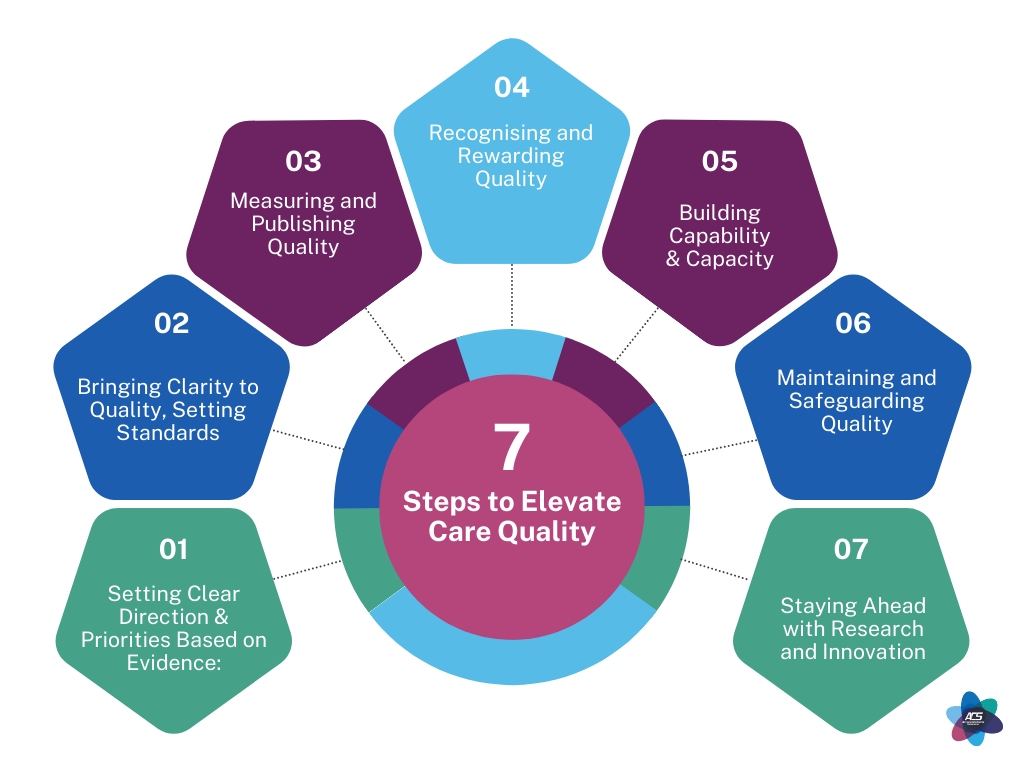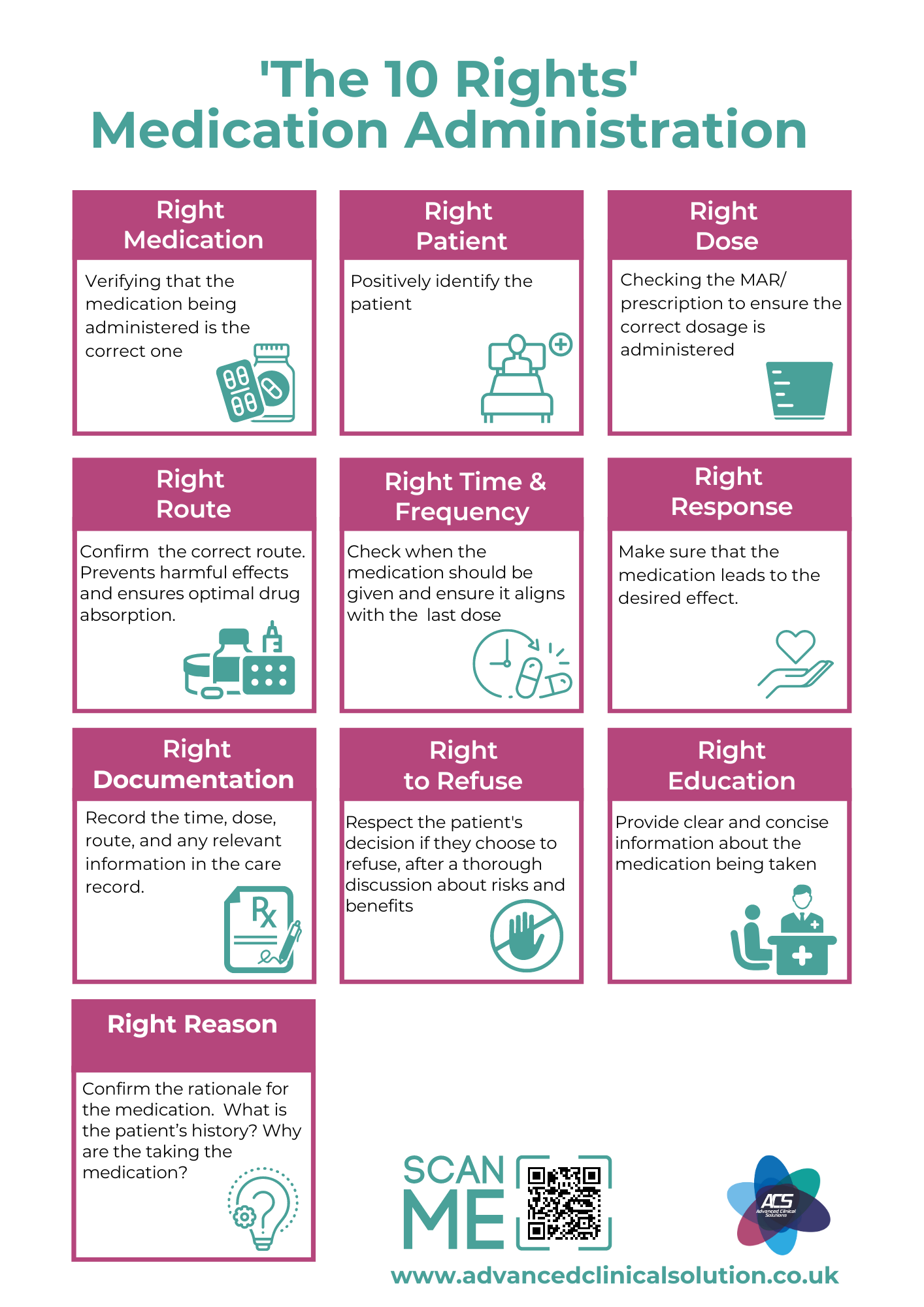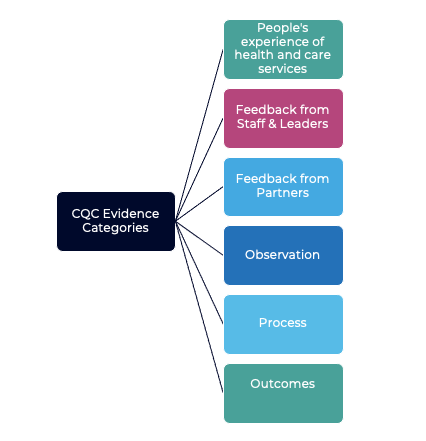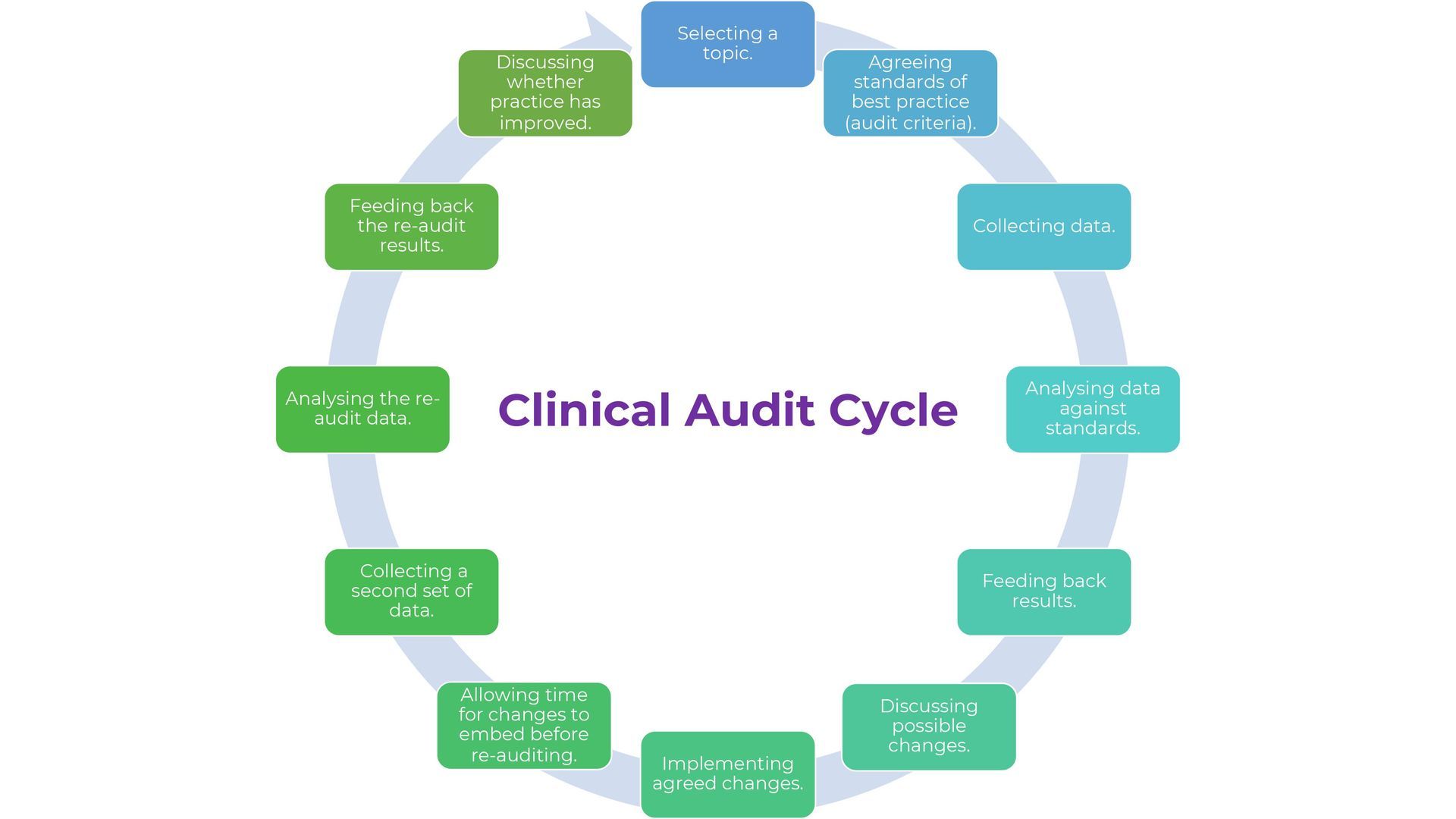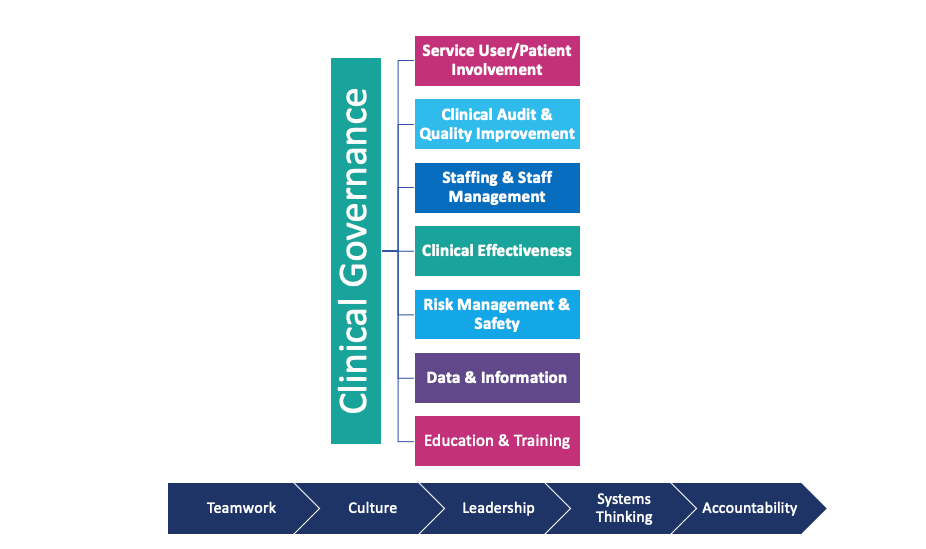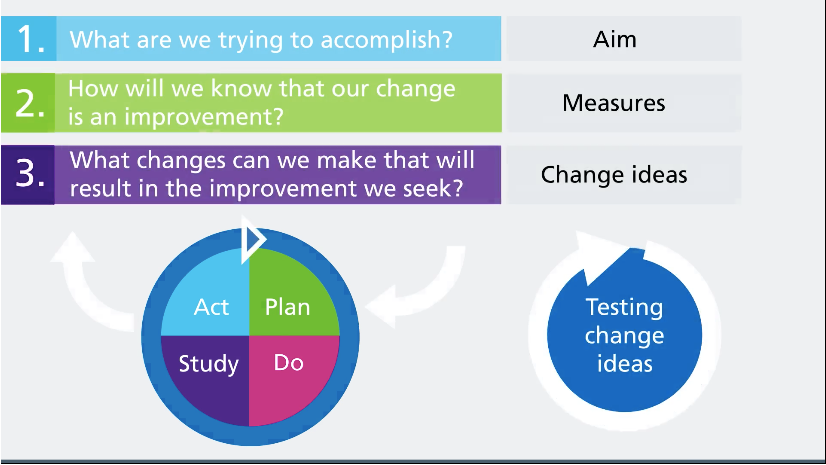Leadership in a Care Crisis
Ian Whitehouse of Advanced Clinical Solutions discusses the importance of compassionate leadership during the pandemic (Part 1).

Managing a care home is challenging at the best of times, but for the past 18 months this challenge has been compounded by the COVID-19 crisis. Residents of care homes for older people have been particularly affected by COVID-19.
Between 28% and 50% of all COVID-related deaths occurred in care home residents across the UK.
The majority of people living in care homes are over the age of 80. Most have multiple long-term health conditions, and the majority are affected by physical disability and cognitive impairment.These factors explain, in part, the vulnerability of older people living in care homes to COVID-19. But there is much that can be done to improve outcomes for residents during the pandemic.
The British Geriatric Society (2020)has produced guidance, COVID-19: Managing the COVID-19 pandemic in care homes for older people, that covers the following issues that care home staff are likely to come across when managing COVID-19 in a care home environment:
• infection control
• staff and resident testing
• admissions to care homes
• family visiting
• diagnosing COVID-19 in care homes
• management and treatment of COVID-19 in care homes
• advance care planning
• end of life care
• continuing routine healthcare.
On top of this, staff absence has increased, putting huge pressure on existing resources. As a result, some care homes have decided to stop accepting new referrals or admissions from the community or hospitals and offer extra overtime to other staff as well as to bring in staff from other settings. These staff shortages are caused by a combination of positive COVID-19 cases being picked up by testing, self-isolation following contact tracing, shielding and childcare responsibilities.
Leadership styles during a crisis
This crisis (defined as an unpredictable incident that poses a significant risk to an organisation (Samuel et al, 2015)) calls for strong, effective leadership. But what style of leadership may be of benefit in these troubling times?
Crisis leadership requires communication,a clear vision and values and caring relationships (Moore, 2020). Communication during a crisis can be hindered by heightened levels of stress, information overload and disruption of services (Edmonson et al, 2016; Shih et al, 2009).
Klann (2003) outlined a number of ways to improve communication at times of crisis, such as using your initiative, being open and honest, being clear, concise and accurate and, most of all, listening. He states that leaders can help to achieve clear vision and values during a period of crisis by being present, visible and accessible, leading by example, taking responsibility and empowering people around them.
He also says that successful crisis leadership involves responding to the emotions caused by the crisis.
Caring relationships, based on trust between your service users and their families and your team, are crucial to managing your way through the pandemic.
To build trust, leaders must consider their behaviours and deliver what they say they will. They must create a sense of safety and reassurance within their team that allows staff to relax and focus on what they need to do to make a difference.
A leader has to create a strong values- based culture whereby staff learn to live and breathe the values and change their behaviours to align with them.Everything a leader does should be about setting their team up for success. They must understand what great performance looks and feels
like. When staff do good work, leaders should acknowledge this, being specific, as this will help staff build on their existing performance.
Leaders should look ahead instead of overreacting to yesterday’s developments (McKinsey, 2021). A crucial part of a leader’s role is to promote psychological safety to enable staff to discuss ideas and raise concerns without fear of repercussions. This will allow the team to use healthy debate to make sense of the crisis. McKinsey proposes that there is a very high value to be placed on ‘deliberate calm’ and ‘bounded optimism’. Deliberate calm is the ability too detach oneself from a fraught situation in order to be able to think clearly about how this situation will be navigated.
This approach has a grounding in humility but not helplessness. Bounded optimism means that the leader should demonstrate restrained optimism, as if they are excessively confident, they can lose credibility when the crisis throws up unexpected challenges.
In a crisis it is also vital that leaders demonstrate empathy. They should allow themselves to be open to empathy from others and be aware of their own wellbeing and mental health. As crises deepen, the ability to make judgements becomes ever more difficult, so investing time in their own wellbeing will enable leaders to sustain their effectiveness over a longer period of time.
There is a growing research focus on the concept of compassion at work. The journal Academy of Management Review dedicated a special issue to the topic in 2012 (Rynes et al 2012) and there has been a huge increase in publications exploring compassion in healthcare contexts.
Email Us
For general enquiries & questions,
contact us via email
Book Free Consultation
Need some advice face to face? Book a free 30 minute MS Teams consultation
Share
CHECK OUT OUR OTHER BLOG POSTS
Knowledge Hub

